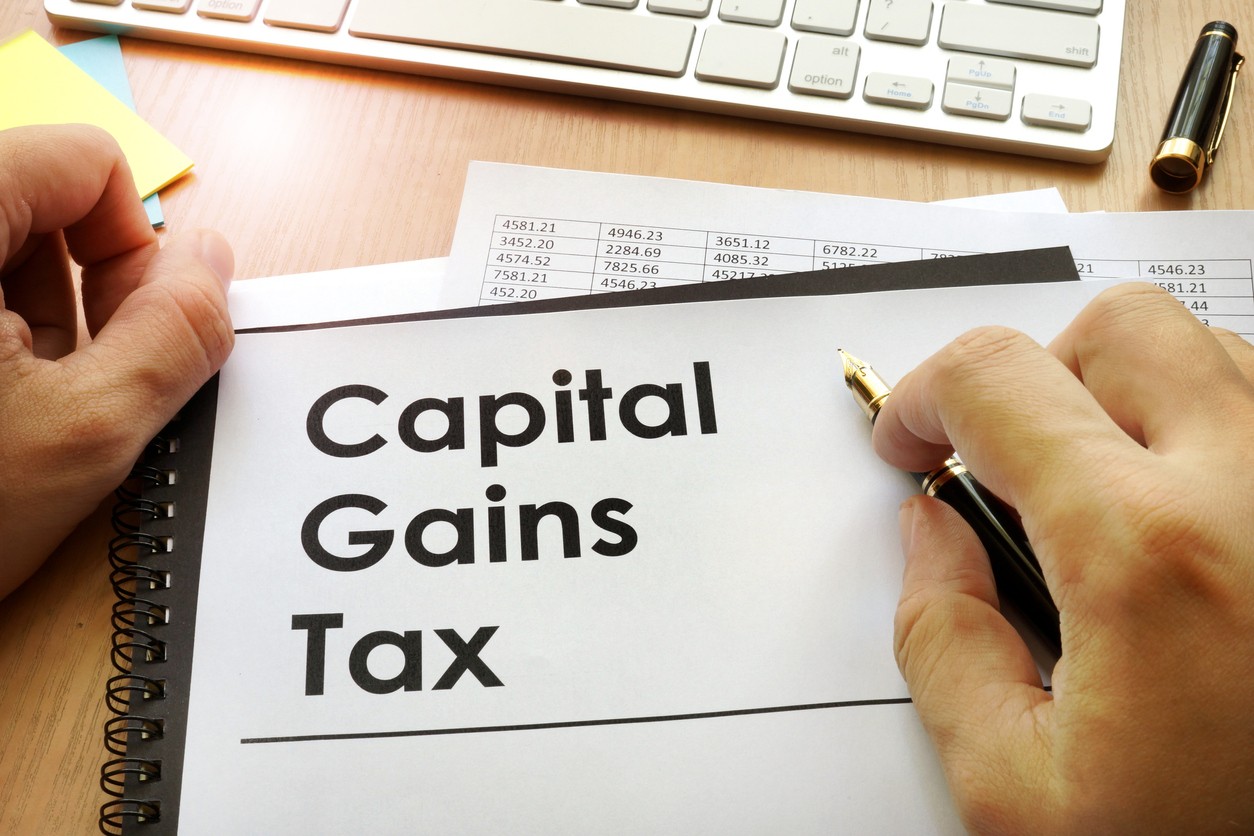Home » Uncategorised »
Capital gains tax research reveals areas where landlords have been hit hardest
This article is an external press release originally published on the Landlord News website, which has now been migrated to the Just Landlords blog.

Changes to capital gains tax announced in last week’s Autumn Budget will see the average landlord pay as much as £1,764 more if they do decide to exit the buy-to-let sector come the 2023-24 tax year, says London lettings and estate agent Benham and Reeves.
Benham and Reeves analysed the capital gains seen on a buy-to-let investment across each county of England over the last nine years, as they’ve found this is the average length of time a landlord owns their portfolio. They also analysed the current tax payable if landlords exit at both the basic and higher rate of tax, as well as how this differs to what they will pay once changes to the capital gains tax allowance come into force from next year.
Capital gains for the average landlord
The research shows that, with the current house price across England now sitting at an average of £314,278, the average landlord has seen capital gain of £130,000 over the last nine years based on the latest available house price data from the Land Registry.
Previous capital gains tax paid on their portfolio
With the current capital gains allowance of £12,300, the agent says £117,704 of this £130,000 increase in property value is currently liable for capital gains tax. As a result, the average landlord offloading their portfolio and paying the basic rate of tax would pay £21,187 in capital gains tax today, while this figure climbs to £32,957 for those paying the higher and additional rates of tax.
Current capital gains tax paid on their portfolio
However, with the capital gains allowance now changing to just £6,000 come the 2023-24 tax year, the average landlord looking to offload their portfolio could be facing a bill of £22,321 at the basic rate and £34,721 at the higher and additional rates of tax.
Those on the basic rate of tax might see their potential capital gains tax bill climb by £1,134, while those paying the higher and additional rates of tax could see an increase of £1,764.
Highest capital gains tax bills
When these changes come into force next year, Surrey will experience the highest capital gains tax bills. Landlords in this county looking to exit the market could be facing a capital gains tax bill of £38,167 at the basic rate and £59,371 at the higher and additional rates based on the capital appreciation of their investment over the last nine years.
London ranks second, with those paying a basic rate of tax facing a capital gains tax bill of £36,922 when exiting the buy-to-let sector. Those paying the higher and additional rates of tax could be paying £57,435.
Buckinghamshire, Hertfordshire, Bath and North East Somerset, Bristol, Essex, Oxfordshire, Kent and West Sussex are also home to some of the highest capital gains tax bills of all counties in England once capital gains tax changes are implemented.
Marc von Grundherr, Director of Benham and Reeves, comments: “Given the fact that the Government has consistently refused to address the housing crisis and instead persisted in fuelling demand in order to keep house prices soaring, it’s understandable that many landlords feel a little aggrieved at having to pay such a heft lump in tax simply because the value of their investment has soared.
“This tax bill has only grown all the larger as a result of the Autumn Budget and the latest government attack on the nation’s landlords in the form of a reduced capital gains tax allowance.
“Buy-to-let remains one of the safest investments you can make and the right investment is still incredibly profitable. So the latest hikes to capital gains tax are unlikely to deter both the institutional and amateur investor.
“However, it’s clear the government is intent on reducing this profitability and one must wonder just how many minor government cash grabs the nation’s landlords are willing to take, before they decide enough is enough and exit the sector.”




